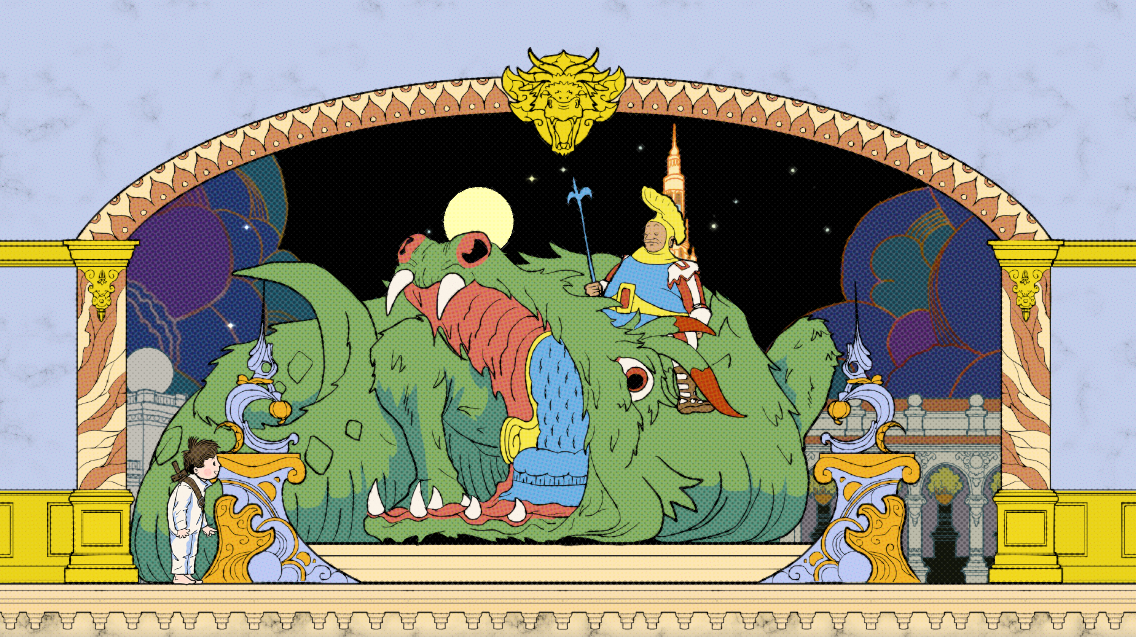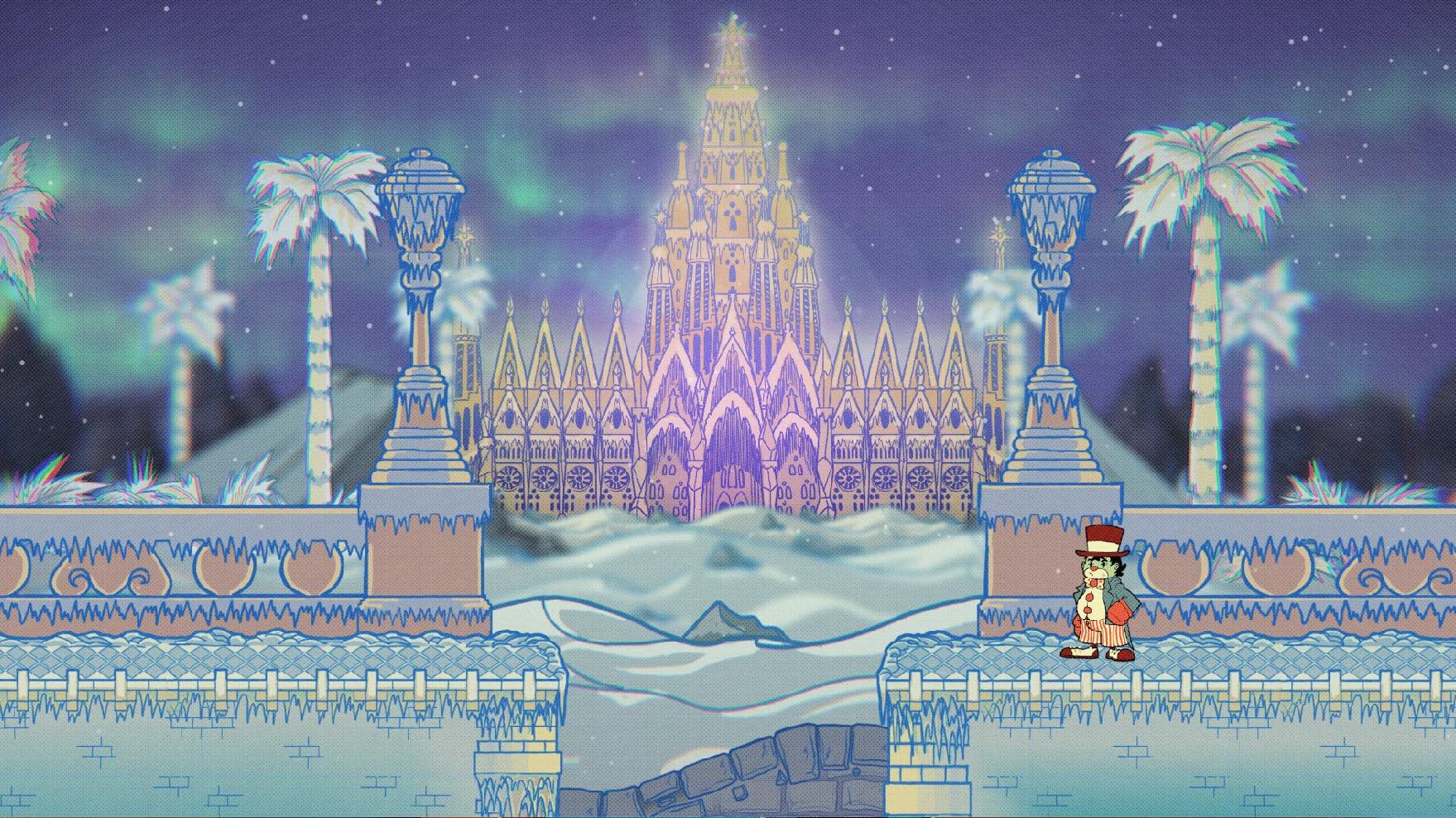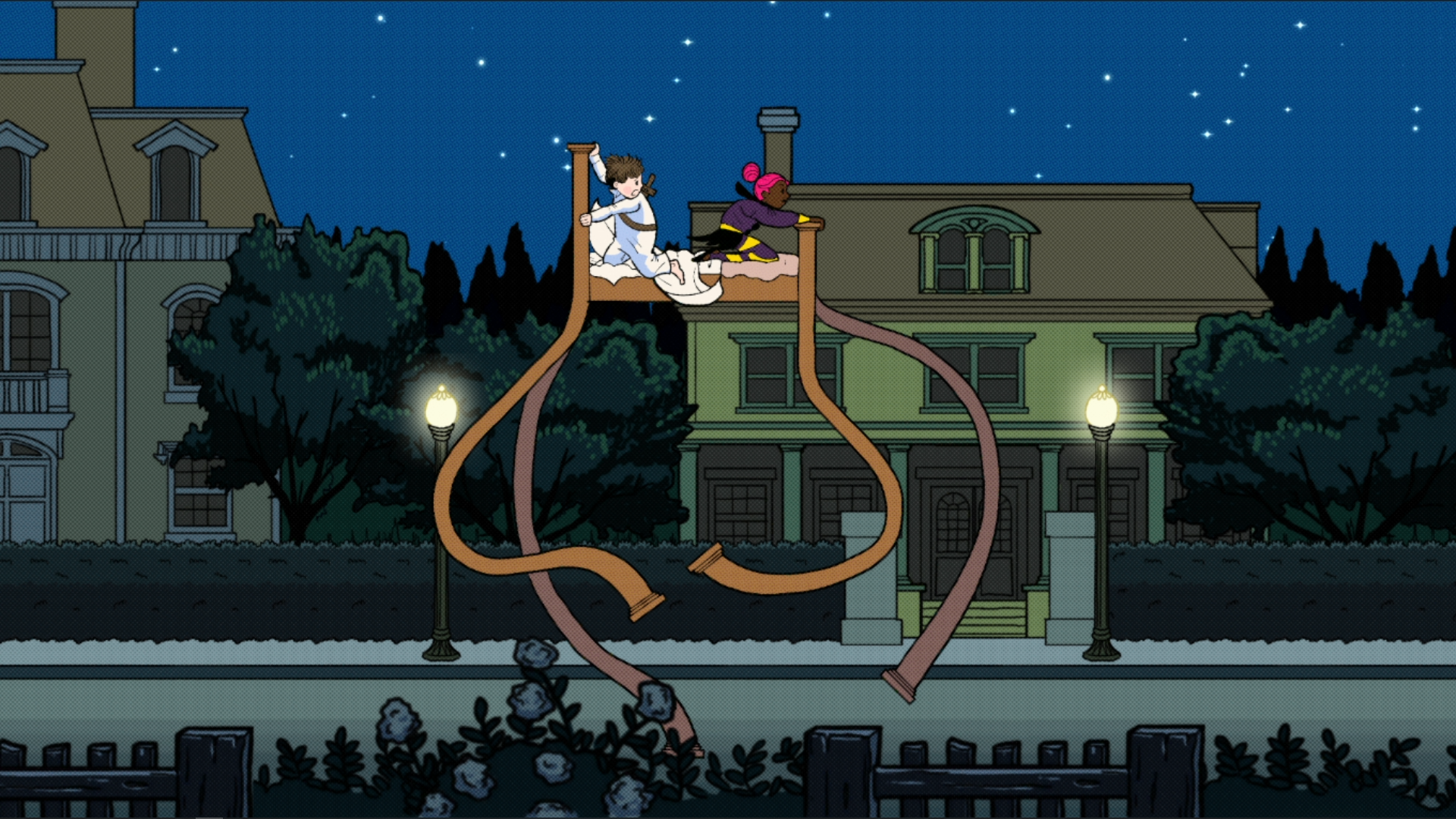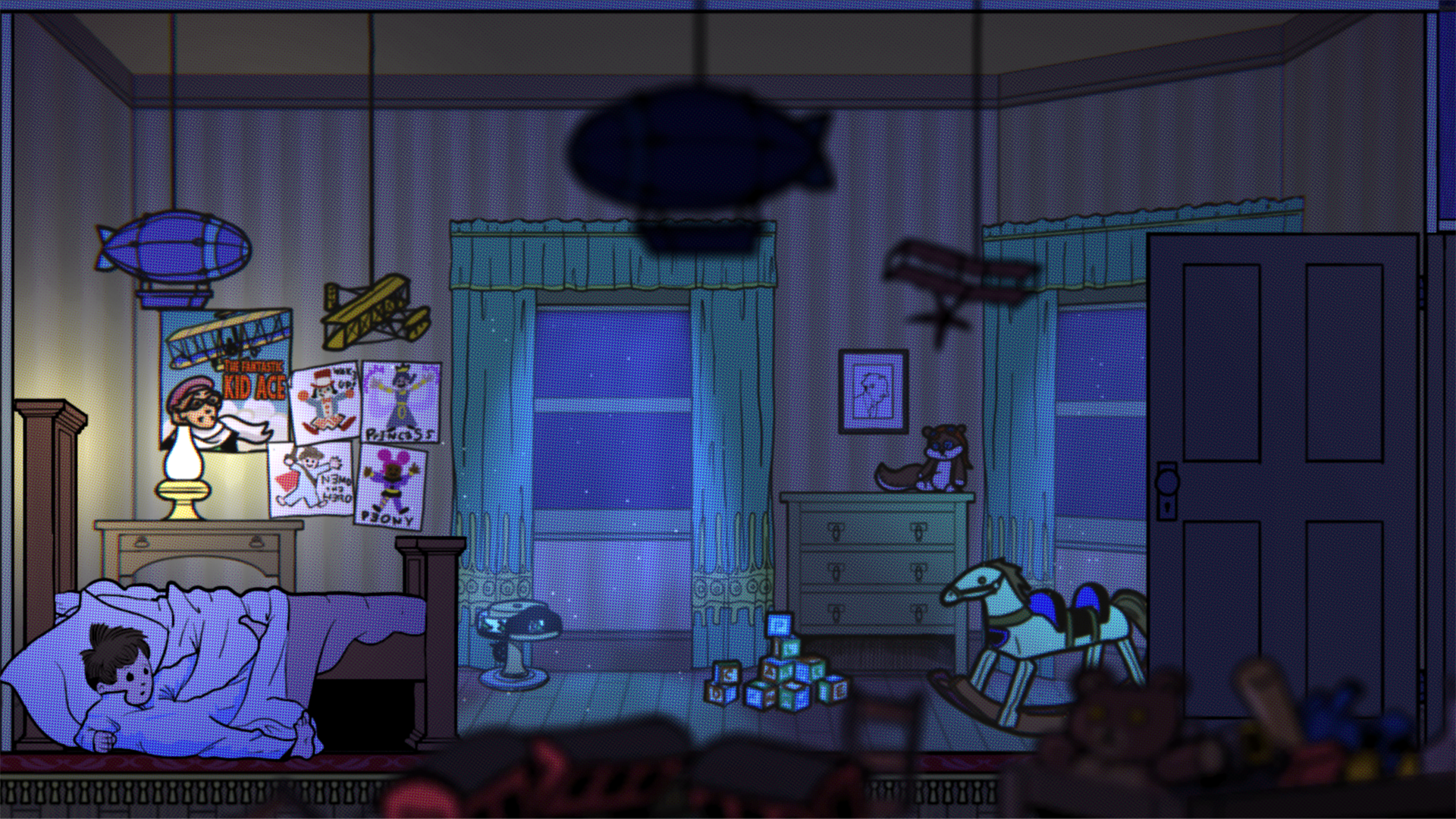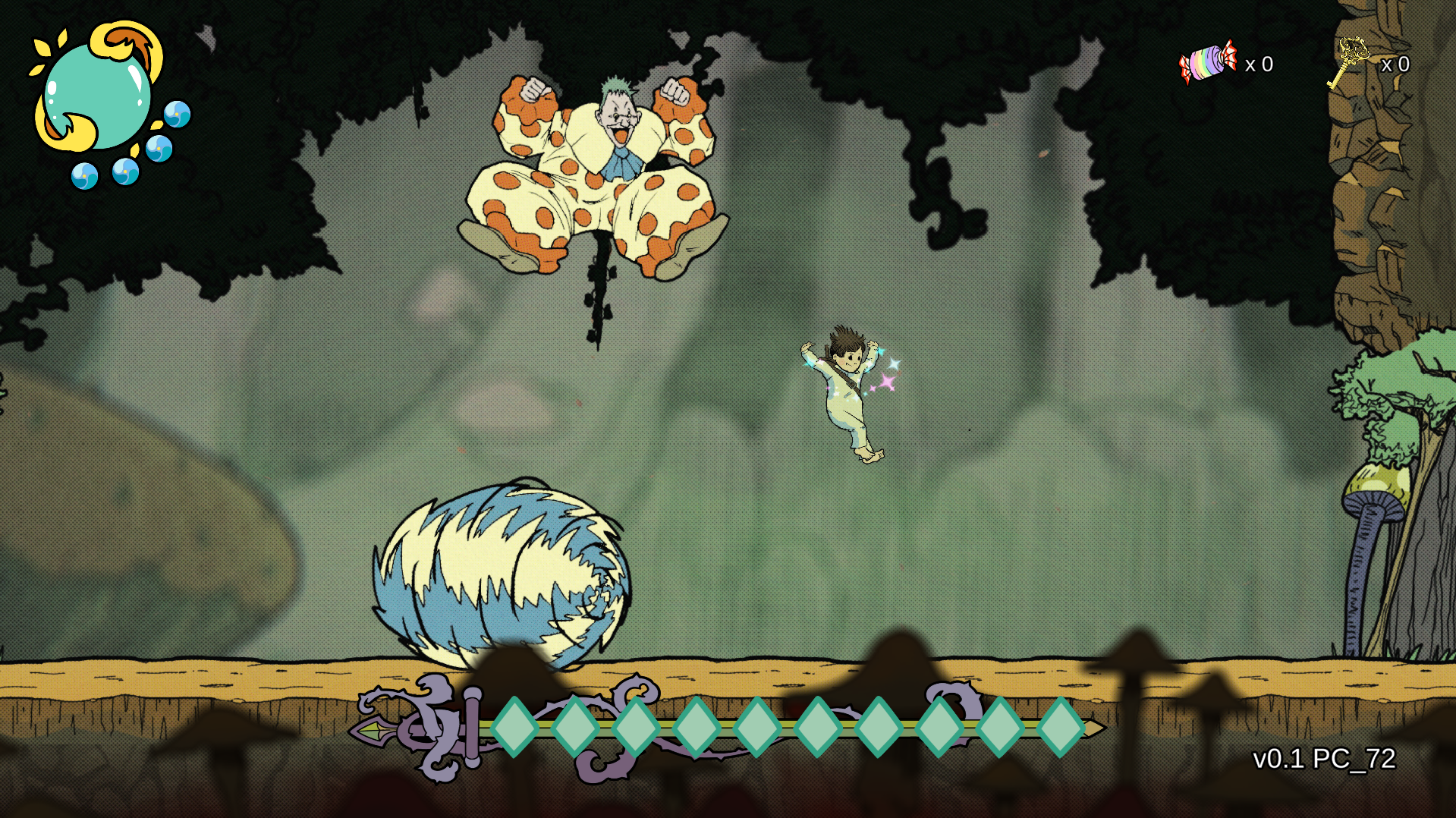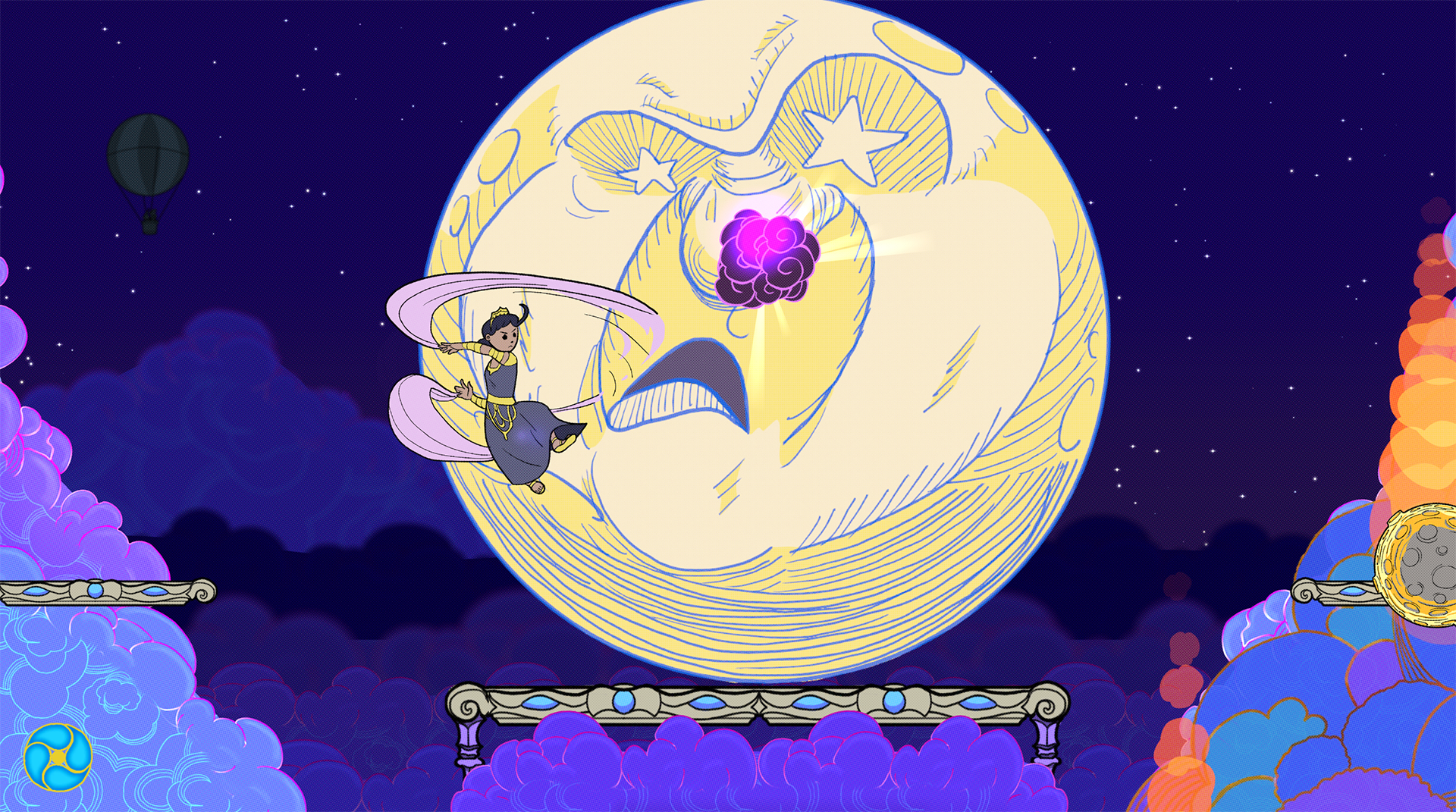
King's Quest @ 40
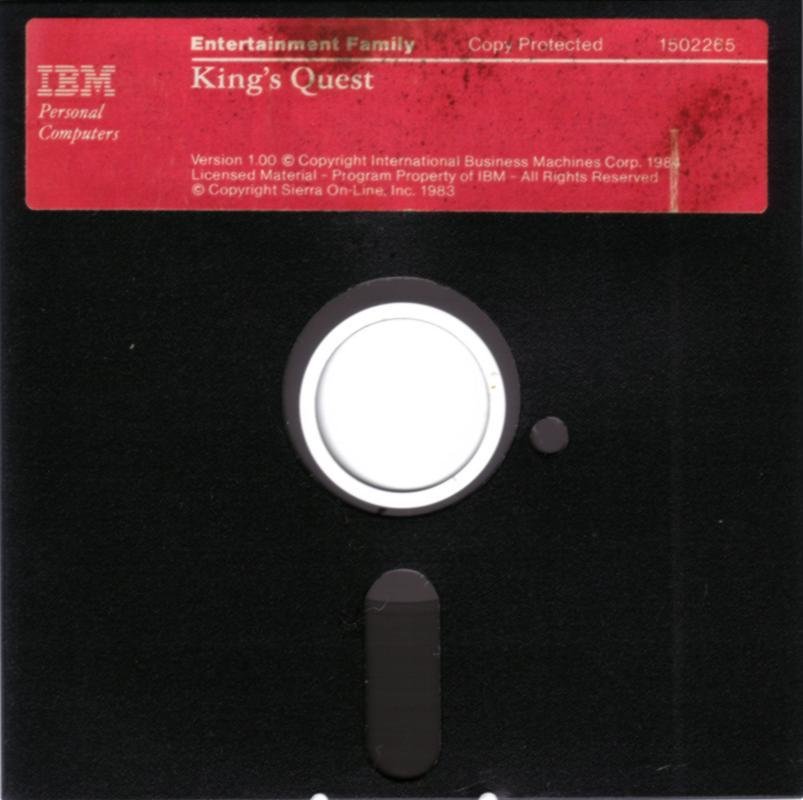
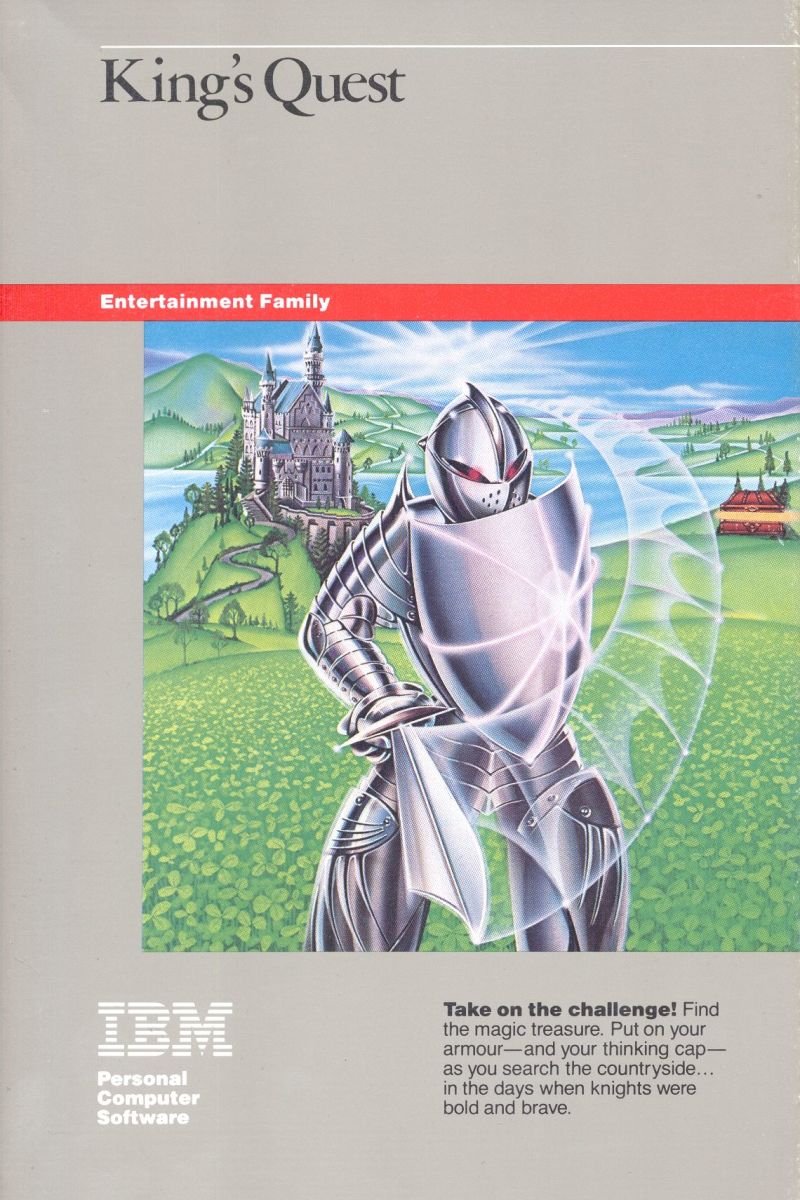
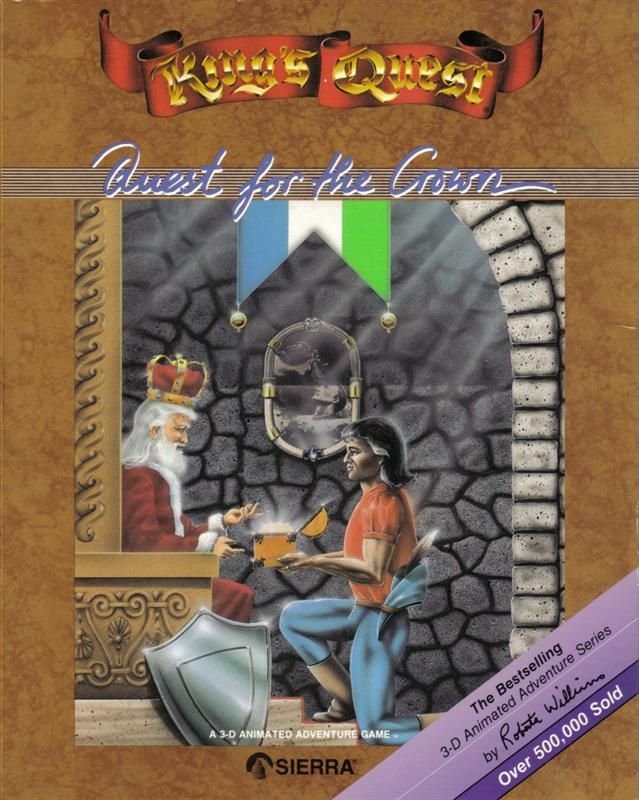
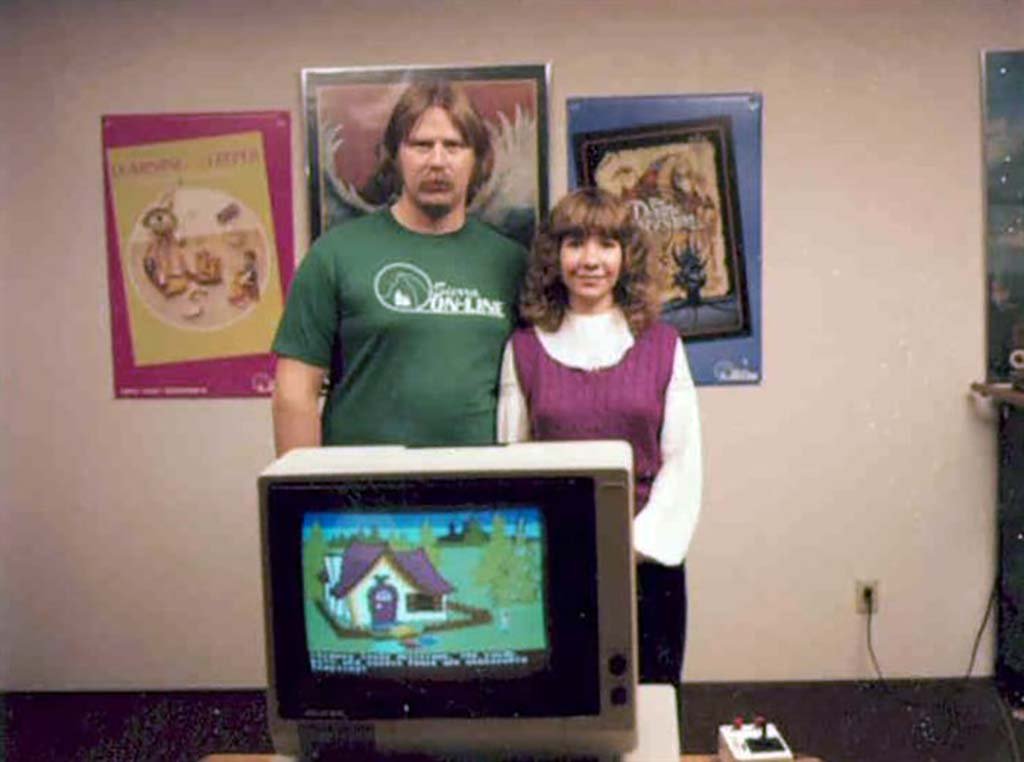





King’s Quest @ 40
February 22 - April 27, 2025
Hours: Saturdays and Sunday 2-5pm
General Admission: $8 (Ages 13+) Kids Admission $5 (Ages 5-12), Free Admission for Kids under 5 and Active-duty military personnel and their families
The name Sierra On-Line was synonymous with adventure gaming on personal computers in the 1980s. In 1984, players were introduced to the feather-capped King Graham and tasked with aiding him on his quest for magical treasures in the land of Daventry. Sierra’s founders, Ken and Roberta Williams, had created the first graphical adventure game, Mystery House, in 1980. However, King’s Quest marked a significant evolution by introducing animation and 16-color graphics. Its success established Sierra’s flagship franchise, helped transform the company into a powerhouse of adventure gaming, popularized the genre, and inspired numerous sequels, remakes, and reimaginings of the King’s Quest universe.
Chicago Gamespace is thrilled to present the game that started it all as it enters its fifth decade. Visitors will have the chance to play an emulation of the original 1984 King’s Quest and immerse themselves in its fantasy world—while also discovering just how challenging and primitive the game feels to modern audiences.

Shadow of the Colossus 20th Anniversary
Shadow of the Colossus 20th Anniversary






May 3 - June 29, 2025
Hours: Saturdays and Sunday 2-5pm
General Admission: $8 (Ages 13+) Kids Admission $5 (Ages 5-12), Free Admission for Kids under 5 and Active-duty military personnel and their families
This exhibit celebrates the 20th anniversary of Shadow of the Colossus—a landmark title that redefined the emotional and cinematic possibilities of video games. Released for the PlayStation 2 in 2005, Shadow of the Colossus immerses players in a vast, desolate landscape where you must confront and overcome a series of towering, enigmatic colossi. Each encounter unfolds as a dramatic, cinematic set piece, blending action and exploration. Defeating the colossi does not come without a cost — their majesty, along with their strengths and vulnerabilities, makes them sympathetic, and their destruction elicits a complex emotional response in the player.
Developed by Sony’s Team Ico and directed by Fumito Ueda, Shadow of the Colossus builds on the foundation established by Ico (2001), a predecessor known for its minimalist storytelling and atmospheric design. Fumito Ueda continued that legacy with The Last Guardian (2016) on the PlayStation 4. His recently announced next project, currently codenamed Project Robot, is highly anticipated.
Visitors to Chicago Gamespace will experience Shadow of the Colossus on the original PlayStation 2—riding across windswept plains on your steed Agro, scaling impossibly large colossi, and reflecting on the mysteries at the heart of one of the most haunting and affecting games crafted to date.
This exhibit is organized by Gamespace's Assistant Curator and game historian Ethan Johnson

Digital Eclipse's The Making of Karateka
Gamespace is pleased to present Digital Eclipse's The Making of Karateka from November 3 to Dec 1, 2024.

Insert Coin: Inside Midway's Arcade Revolution
Insert Coin features 15 playable arcade games that help tell the story of Midway allowing visitors to learn about this iconic company while enjoying some of their most celebrated creations.

Time Machine Bronzeville
Gamespace is pleased to present Time Machine Bronzeville by Philip Mallory Jones and Alchemy Media.
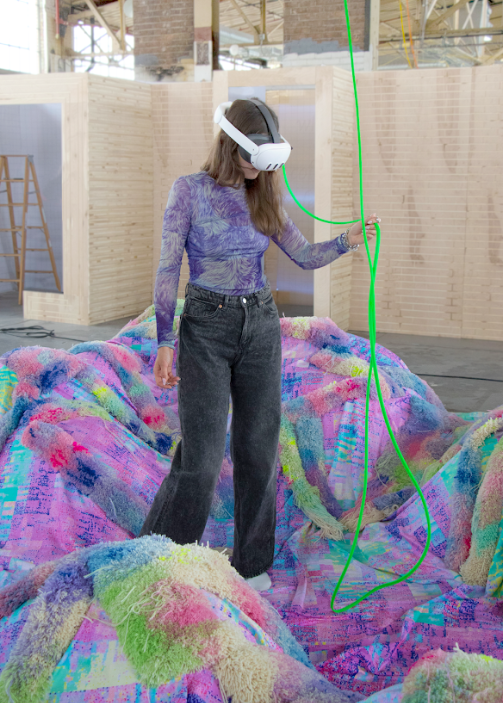
Alina Nazmeeva: Bug In My Software
Chicago Gamespace is pleased to announce a new exhibit titled Bug In My Software by new media artist Alina Nazmeeva. This installation is an artistic exploration of the silkmoth, a fascinating, cute creature that is both an organic and human-engineered form of life.

Little Nemo and the Nightmare Fiends
Little Nemo and the Nightmare Fiends
May 19 - June 30, 2024
Hours: Sundays 1-5pm
General Admission $8 (Ages 13+), Kids Admission $5 (Ages 5-12), Free Admission for Kids Under 5
Chicago Gamespace is pleased to present Little Nemo and the Nightmare Fiends, an independent video game currently under development by Cleveland-based Team Nemo, Inc. The game notably features the characters and art nouveau style of American cartoonist and animator Winsor McCay (1866 – 1934), whose masterwork was the beloved, long-running weekly cartoon Little Nemo in Slumberland for the New York Herald and New York American in the early 20th century. In this platformer, players must rid the dreamscape of Slumberland from the Nightmare Fiends who have infested it. This playable demonstration of the game will be featured in The Eric Mittereder Gallery, a project room named after a Chicago-based advocate for video games and art. Reproductions of notable works by McCay will also be on view. Admission also grants entry to the Gamespace video game history collection.
Christopher Totten is an artist, game designer, and educator. He currently is assistant professor at Kent State University, runs Team Nemo, Inc, and is a co-founder of the Smithsonian American Art Museum (SAAM) Arcade. His game credits include Kudzu (2024) and Lissitsky's Revenge (2015) among others. Team Nemo, Inc. also includes the talents of Ben Cole and Adrian Sandoval.

Indie City Game Jam @ Chicago Gamespace
Chicago Gamespace is proud to host an exciting upcoming game jam. Indie City Jams is a series of monthly game jams, hosted in-person in Chicago by Indie City Games. Participants are invited to join in person for a day of jamming and collaboration over the course of an eight-hour jam. Space is limited so please RSVP via Eventbrite if you'll be attending in-person!

@!#?@!: the Art, Design and Sound of Q*bert
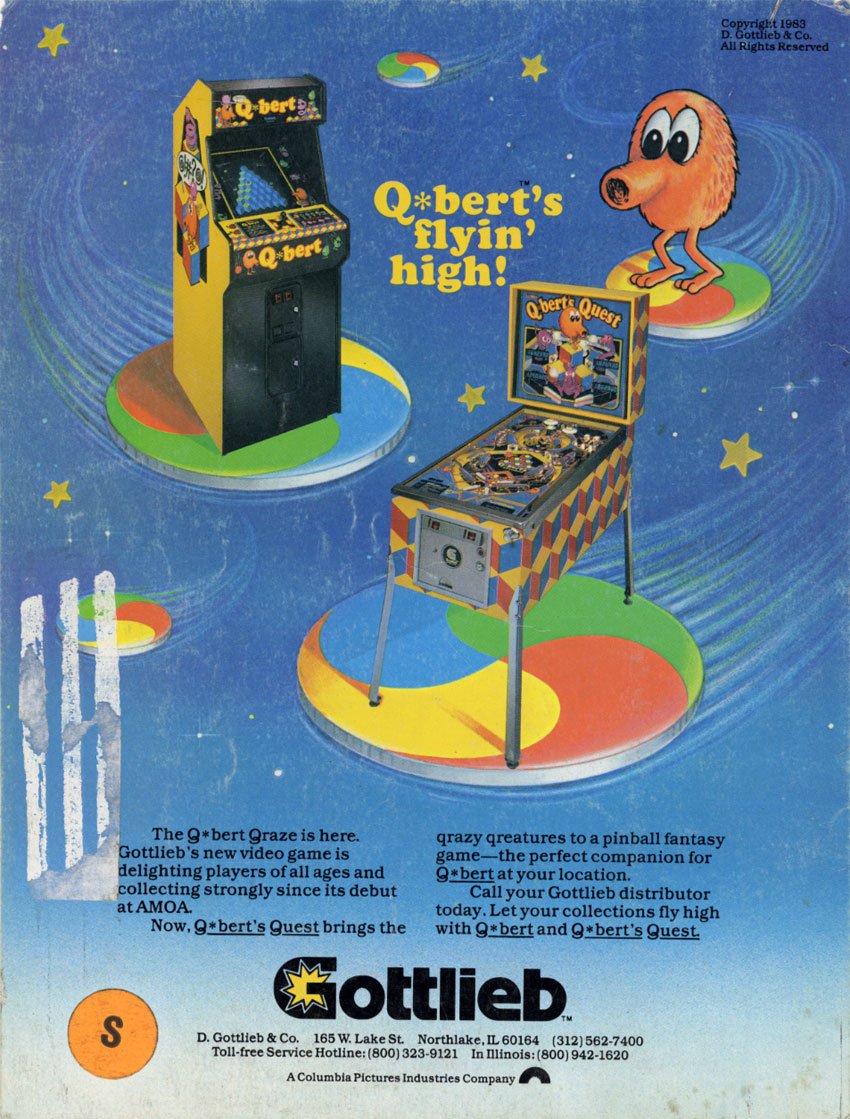
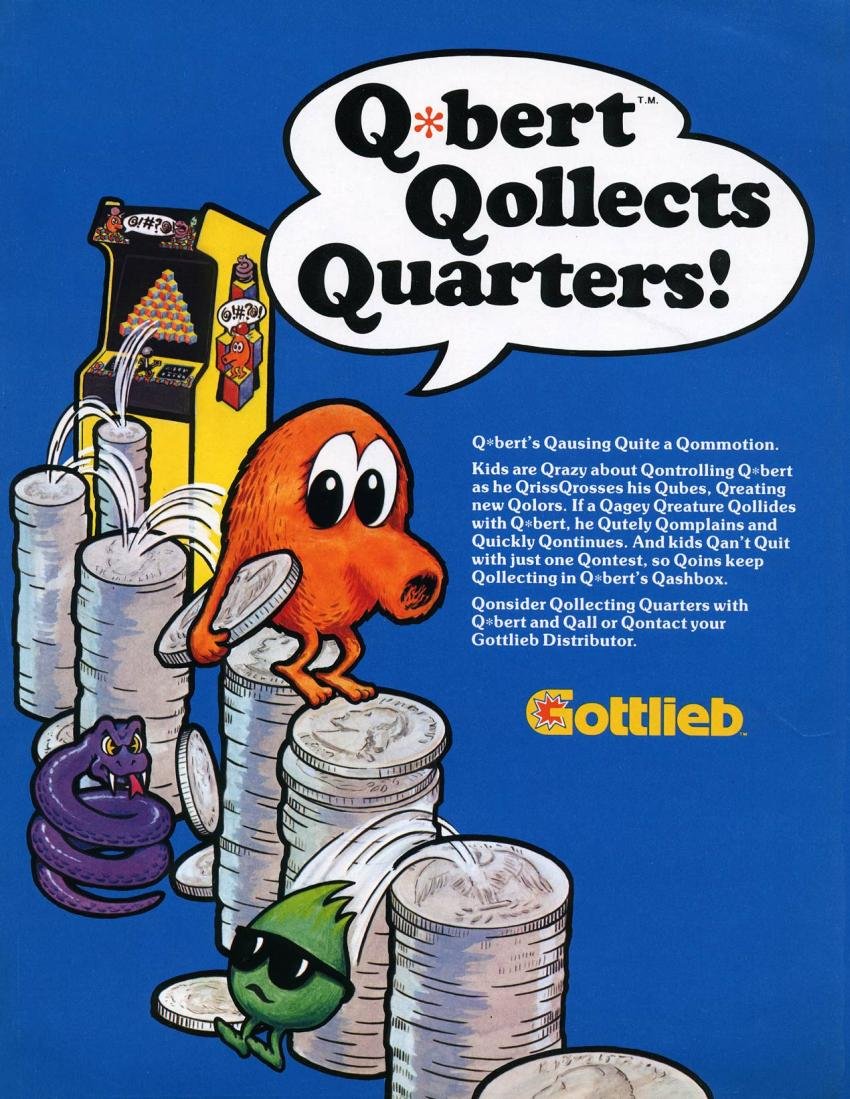
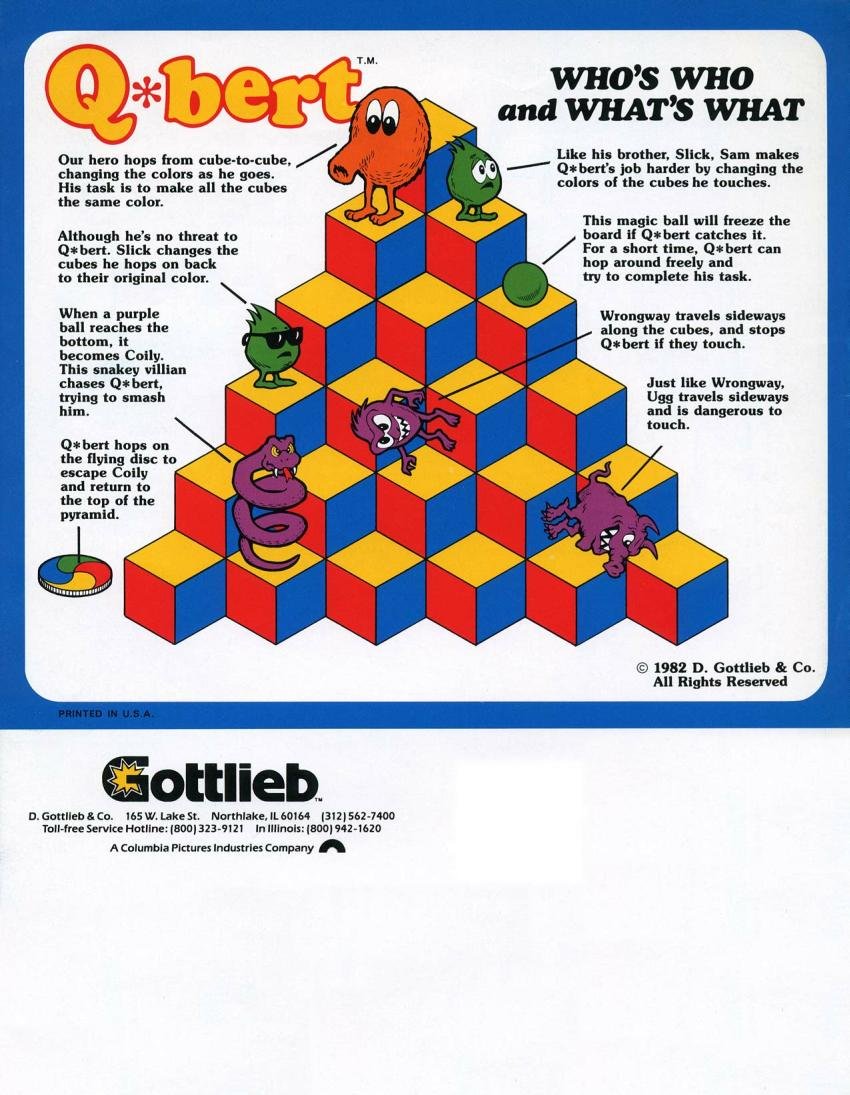
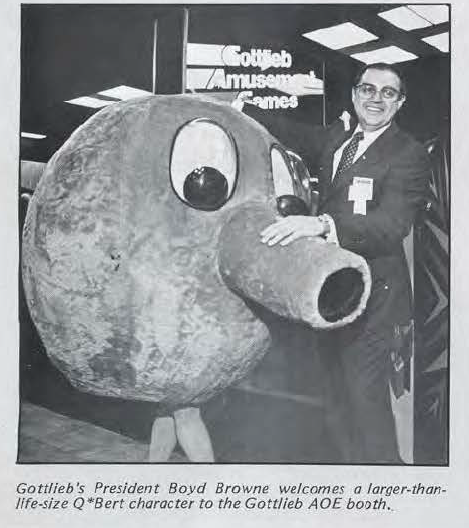
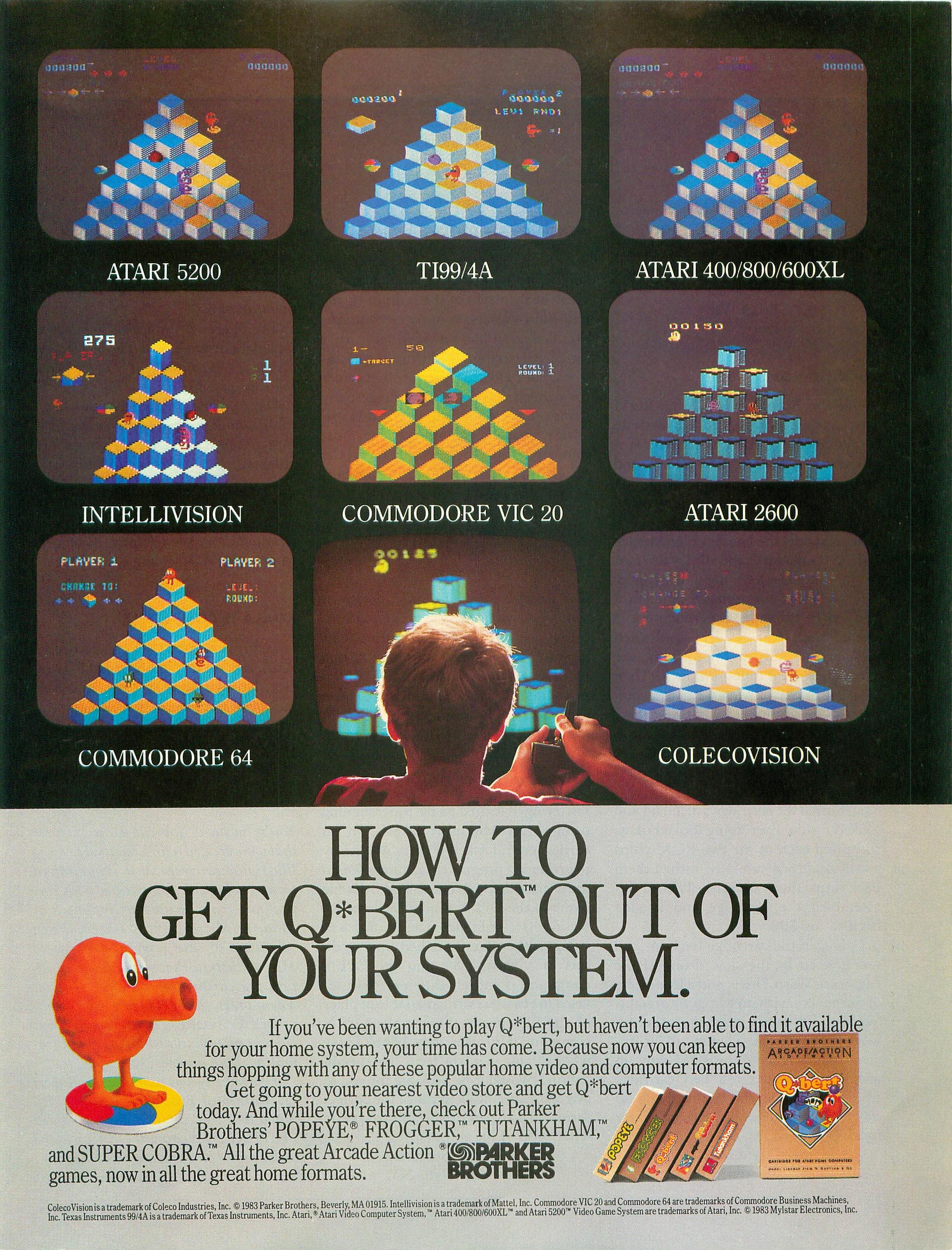
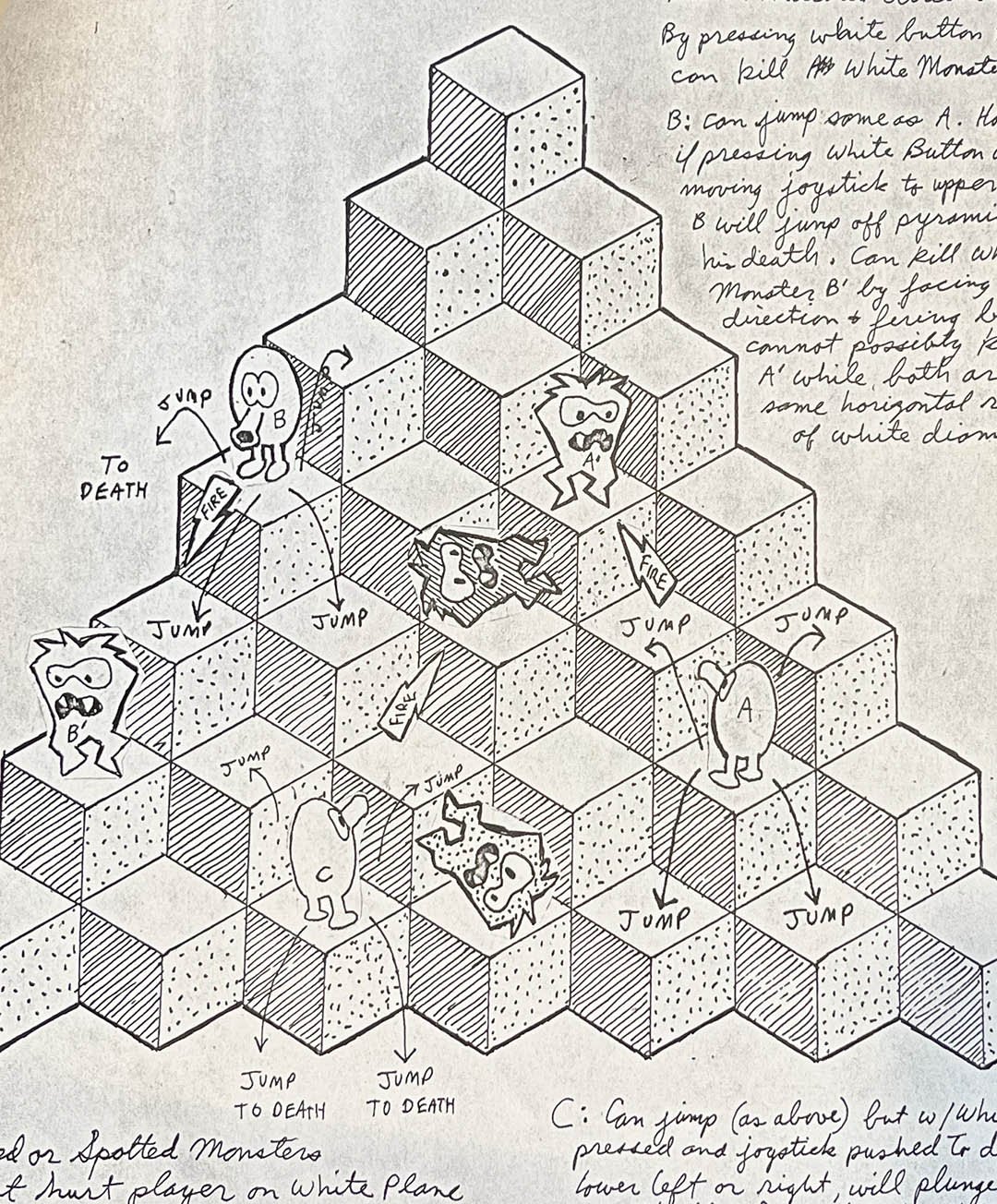
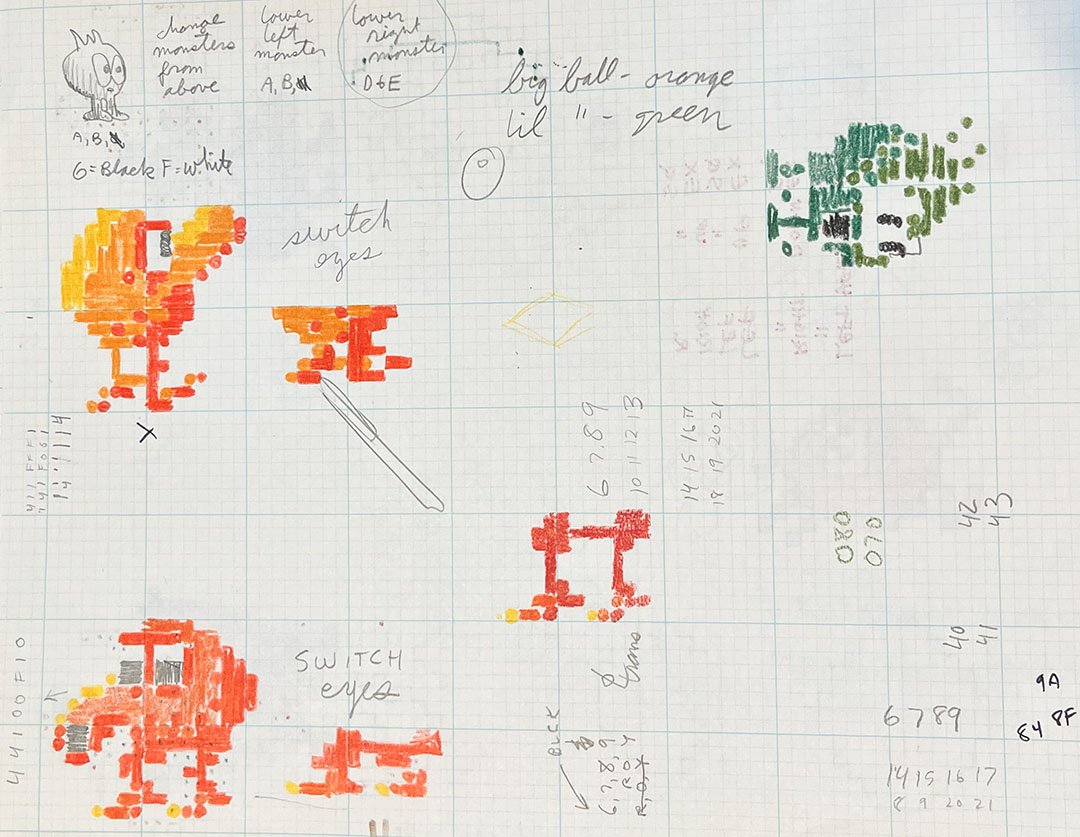
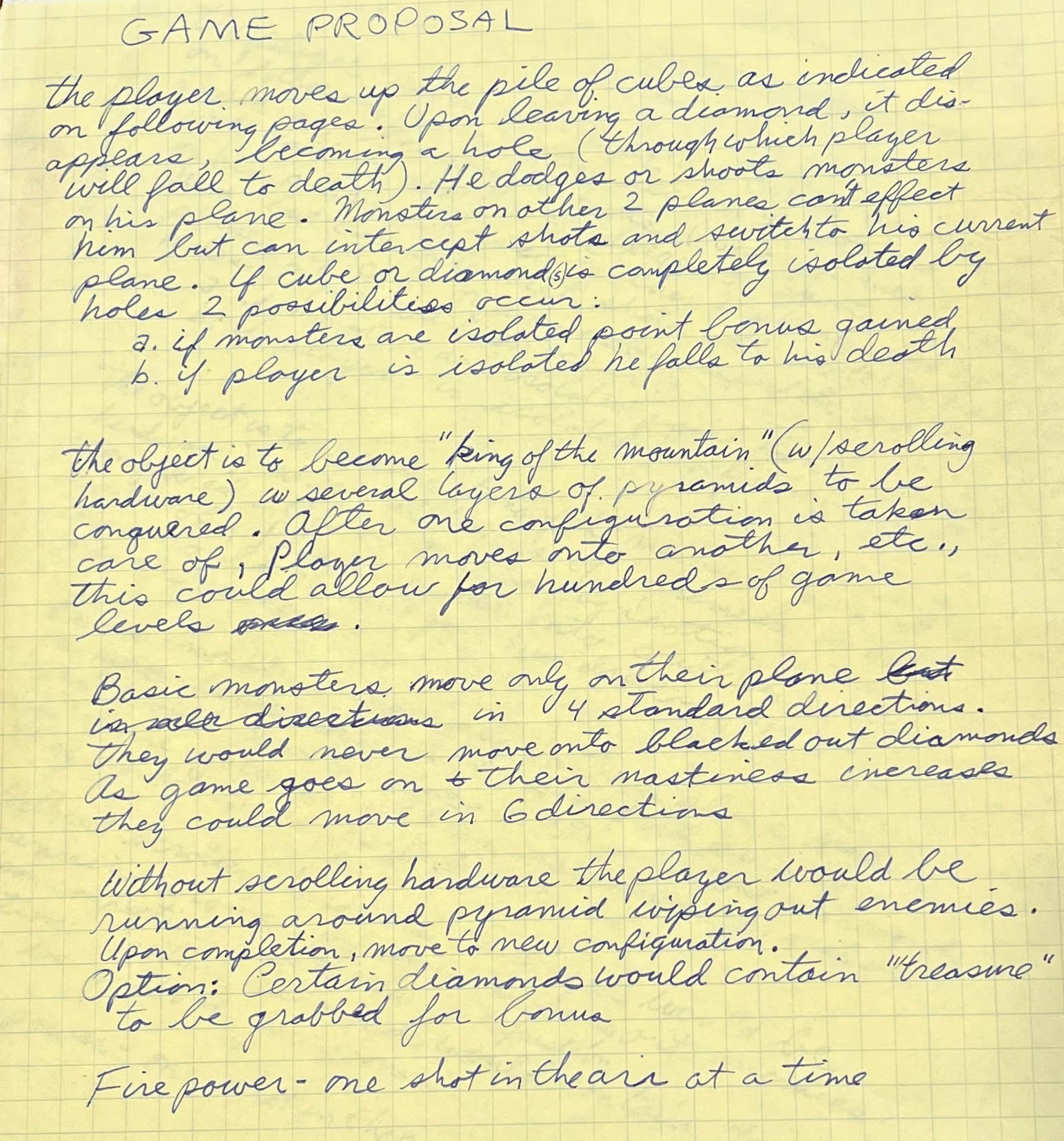
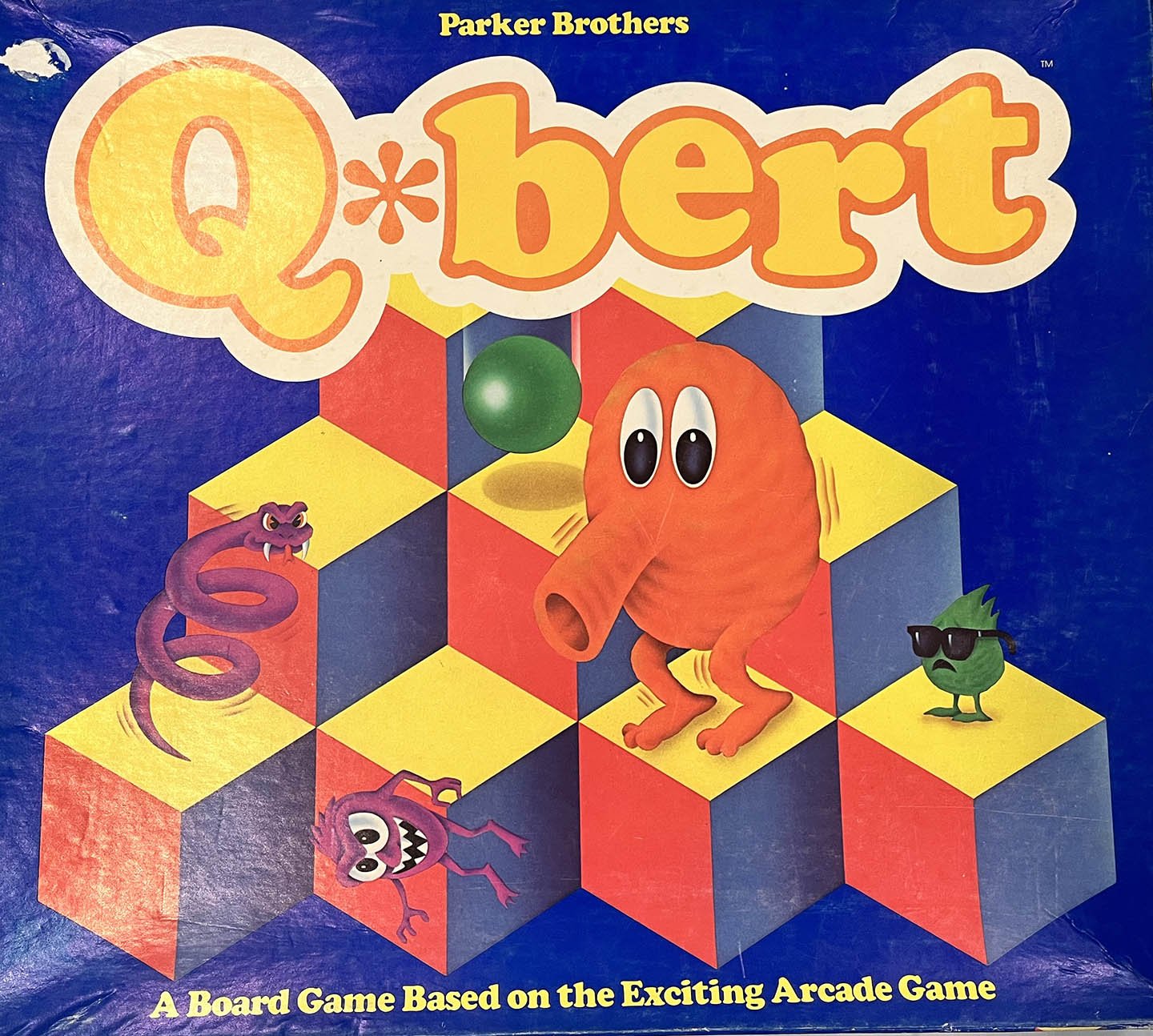
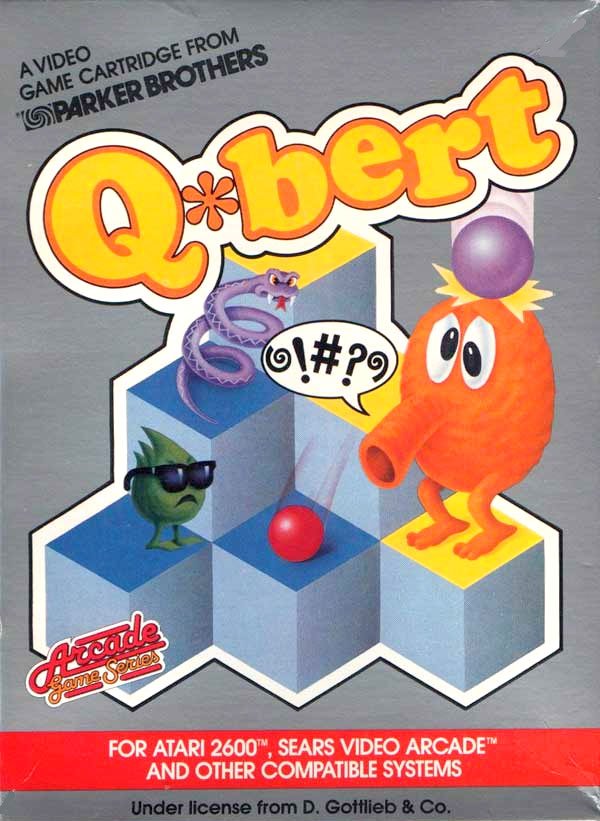
@!#?@!: Art, Design and Sound of Q*bert
September 8 - December 17, 2023
Hours: Saturdays and Sundays 1-5pm
Opening Night Party: September 8th 5:30-7:30pm
General Admission $8 (Ages 13+), Kids Admission $5 (Ages 5-12), Free Admission for Kids Under 5
Q*bert endures as one of the most inventive and endearing games from the early history of arcade video games. Created by designer Warren Davis, artist Jeff Lee, composer David Thiel and others for D. Gottlieb & Co. in 1982, the game stars the cute, stout-nosed Q*bert who must hop around a pyramid of cubes while dodging enemies. Q*bert was notable for its distinctive protagonist, isometric cube playfield, and simple, clever action gameplay in contrast to the dominant shooter, racing and maze games of its time. Known primarily for being a pinball company, Gottlieb found a significant — yet singular — hit in the arcade coin-op field with Q*bert.
@!#?@!: Art, Design and Sound of Q*bert is an exhibition featuring the playable arcade game Q*bert, several console iterations of the game, the Parker Bros board game, concept design documents, photographs, and art by Warren Davis and Jeff Lee as well as an array of licensed Qbert ephemera. Additional highlights include a reel highlighting the legacy of the game in other media, and an informational video by David Thiel about Qbert’s Votrax speech synthesizer that generated Q*bert’s incoherent outbursts. The exhibition title takes its name from the original, unpronounceable title of Q*bert, immortalized in a speech bubble in the game and in cabinet art. Curated by Ethan Johnson and Jonathan Kinkley. Loan courtesy of Logan Arcade.

Reality (Beta)
Chicago Gamespace is delighted to present Reality (Beta), an exhibition by new media artist Thorne Brandt for Ars Electronica.

LIGHT CYCLES: 40 Years of TRON in Games and Film
The Midwest's leading video game museum, Chicago Gamespace, is proud to announce an exhibition that explores the game universe of TRON, created more than 40 years ago. TRON electrified theaters and arcades across the world by taking audiences - for the first time - inside a computer game. Computing concepts were transformed in the public mind from abstractions into exciting
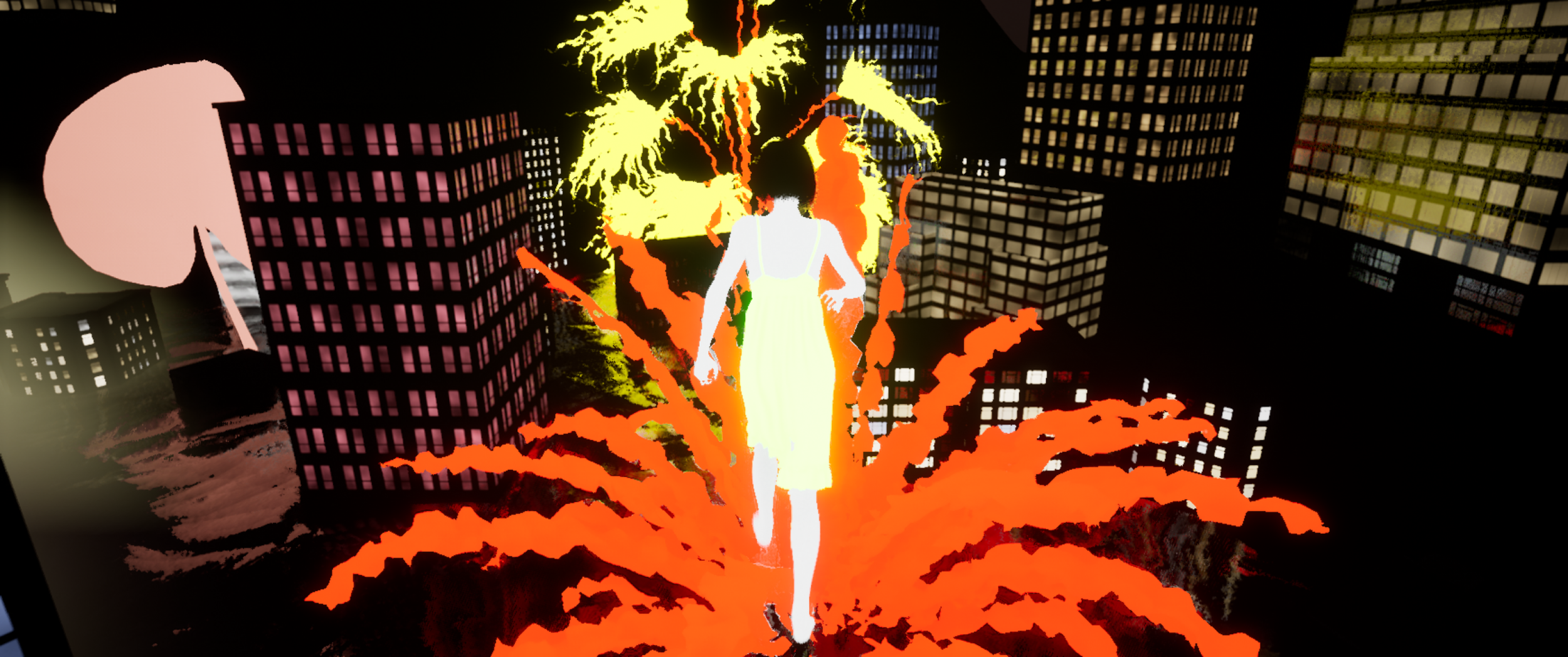
Snow Yunxue Fu
Chicago Gamespace is pleased to present a series of art games by New York-based artist Snow Yunxue Fu.

50th Anniversary of the Magnavox Odyssey
50th Anniversary of the Magnavox Odyssey
August 7 - October 16, 2022
Public Hours: Sundays 1-5pm, $5, Kids under 12 are free
Chicago Gamespace is pleased to present a special exhibit on the grand occasion of the 50th Anniversary of the Magnavox Odyssey, the world’s first commercially available home video game console. The exhibit is comprised of an original Odyssey and its game components from the Gamespace collection, a brief video interview with Odyssey inventor Ralph H. Baer (1922 -2014) and gameplay documentation, and Baer’s 1966 patent design for a a device to play video games on televisions.
After his initial patent, Baer and colleagues at New Hampshire-based Defense Contractor Sanders Associates, developed a television-connected device that allowed for multiple players and games. This device was referred to as the “Brown Box” for its faux-wood grain appearance. Sanders then licensed the technology to Magnavox and Baer led the development of the Magnavox Odyssey console and it was released in 1972. Its basic components are familiar to many gamers today: central console unit, controllers, game cartridges and power and output cables. Several dozen games were created for the Odyssey including Table Tennis, a concept that was refined by Allan Alcorn into Pong for Atari. Since it was only capable of displaying three white squares and line, Odyssey games featured screen overlays that players would affix to their television sets to enhance their visual gameplay experiences.

鬼鎮 (Ghosttown) Spirit Simulator
鬼鎮 (Ghosttown) Spirit Simulator
June 3 - July 31, 2022
Sundays 1-5pm, $5
Chicago Gamespace is pleased to present an exhibition focused on the experimental art game 鬼鎮 (Ghosttown) Spirit Simulator. The game's singular gritty and polarized black and white aesthetic made Spirit Simulator one of the most visually distinctive games in recent years. The player assumes the role of a ghost or a glitch, searching the tumbleweed townscape for information about its missing inhabitants, their lives and worlds. It has been described as a "Glitch Western," a term alluding to its use of iconography from the Western film genre, viewed through a lens of visual feedback and breakdown known as Glitch Art.
鬼鎮 (Ghosttown) Spirit Simulator was conceived as part of the 鬼鎮 (Ghosttown) series, also by jonCates. The 2018 experimental feature film, which started the series of films and games, has screened internationally at the 甲美術館 Hong-Gah Museum (Taipei, Taiwan), Gene Siskel Film Center, The Wrong Digital Art Biennale, and dozens of other festivals and platforms. Evan Meaney was Lead Interactive Designer and 3D artist on the 鬼鎮 (Ghosttown) film and then co-created the 鬼鎮 (Ghosttown) Spirit Simulator with Cates.
The exhibition features the playable game, an excerpt from the film, a new publication, and never-before-seen behind-the-scenes artworks from the Glitch Western world of 鬼鎮 (Ghosttown) Spirit Simulator. It will commence with a free public opening on Friday June 3rd and will be open to the public on Sundays from 1-5pm from June 5 - July 31, 2022. General admission is $5. Kids under 12 and students with ID are FREE. Admission will also grant access to the Chicago Gamespace Video Game History Collection and Library and Archive.
50% of profits from the Chicago Gamespace exhibition of 鬼鎮 (Ghosttown) Spirit Simulator will be donated to local Indigenous-led organizations.


Library
Library
Sundays 1-5pm
$5, Free with student ID
Visitors to Chicago Gamespace may also browse a library of video game magazines and books during public hours. It includes concentrations of Nintendo Power, the Official Xbox Magazine, video game history and exhibition catalogues, and rare books. This library is largely comprised of the personal collections of three donors: jonCates, Jonathan Kinkley, and Devinn Winkleman. Acid free gloves are available onsite and required to use the library. Materials must stay onsite and may not be checked out at this time.

Sketch Journals of Jordan Mechner
Sketch Journals of Jordan Mechner
June 4 - August 22, 2021
FREE Opening Reception: Friday, June 4th 5-8pm (No RSVP req’d)
Public Hours: Sundays 1-5pm (Tickets Required), $5, Kids under 12 are free
FREE Zoom Artist Talk with Jordan Mechner in partnership with Alliance Francaise de Chicago: Thursday August 19, 12pm (Register)
Jordan Mechner is among the most recognizable figures in video game history as the creator of Prince of Persia. In 2016, Mechner moved from the United States to France for a video game project and captured his impressions of the country in a series of largely monochromatic ink and paper drawings. These magnetic studies of quietly beautiful street life, cafés, airports, and live models offer a distinctly fresh view of a place that has been muse to so many throughout art history. This series was the focus of two books by Jordan Mechner: Year 1 in France and Year 2 in France, printed by Tomoe in Montpellier. In Mechner’s hands, travel sketching in Europe is not only a creative well, but a timeless beacon and antidote to contrast with the absorptive and caustic effects of modern digital life. His drawings encompass the signature qualities that have defined Mechner’s excellent works in other media -- pleasing aesthetics, captivating subjects, compelling stories, and parsimonious use of line and form.
American artist Jordan Mechner was born in 1964 and lives and works in Montpellier, France. Mechner is the auteur and creative visionary behind acclaimed and transformative video games in the 1980s and 1990s: Karateka (1984), Prince of Persia (1989), Prince of Persia 2: The Shadow and the Flame (1993), The Last Express (1997), Prince of Persia: The Sands of Time (2003). Mechner's books include the 2013 New York Times best-selling, Eisner Award-nominated graphic novel Templar, The Making of Karateka and Prince of Persia, the Year 1 in France and Year 2 in France sketchbook compilations, and the forthcoming English language adaptation of Persia’s trickster-warrior hero Samak the Ayyar. Film credits include Waiting for Dark (1992), Chavez Ravine: A Los Angeles Story (2003), and Prince of Persia: The Sands of Time (2010). He holds a degree from Yale University. Website: jordanmechner.com





